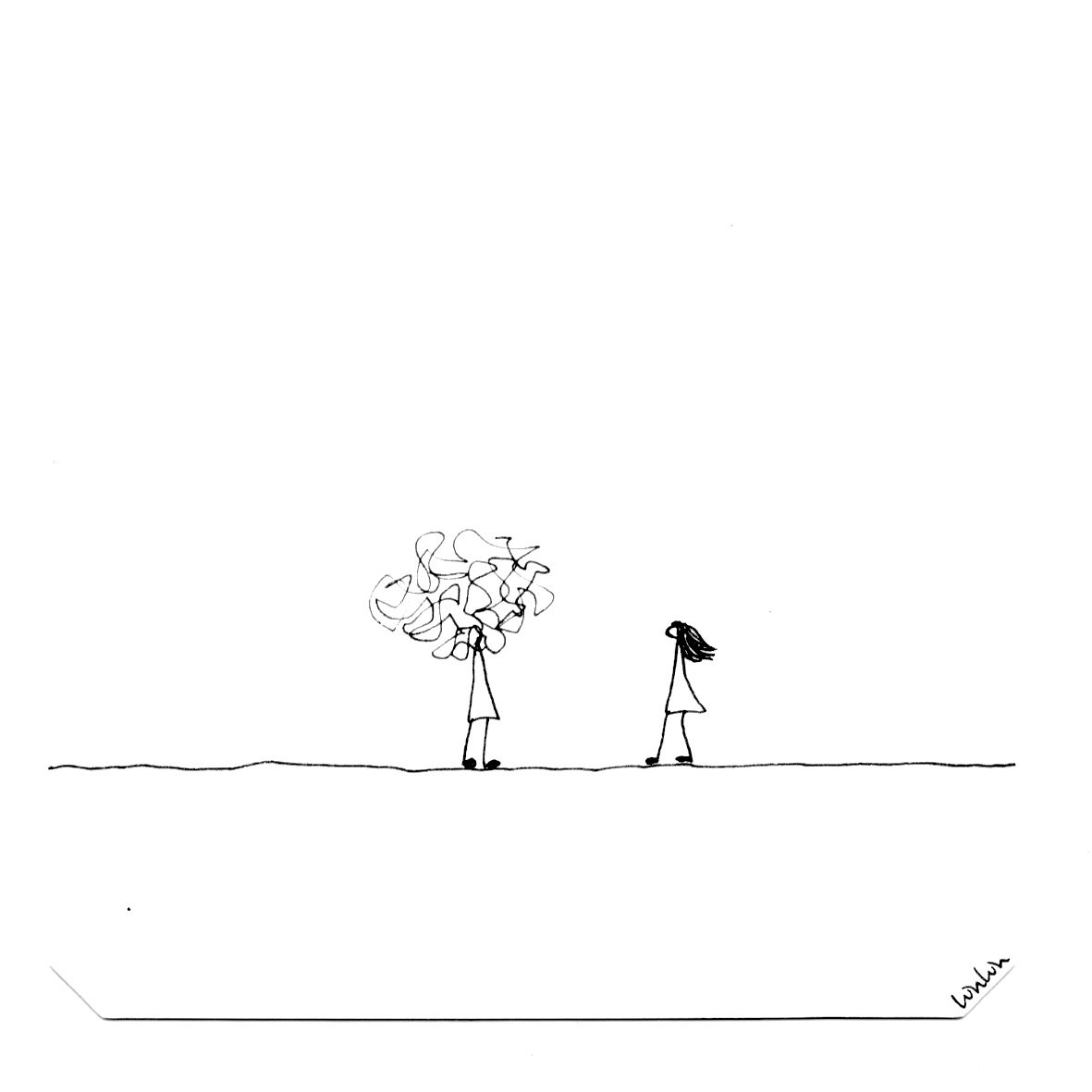Courage and grace.
Embracing Humanity with Grace: The True Essence of Courage
In my podcast Brave New Girls, this week I talked to my guest Dr Catherine Clinton. I always ask my guests how they define courage.
Dr Catherine says: “I think that gets back to being human. And I think that being courageous is being able to love and accept and be gentle with ourselves and know that. that our full range of emotions of reactions are very human and being able to walk with them in a graceful way is courageous.
Being able to have anger and express it in a graceful way. That's not aggressive. That's not reactionary. That's not prodding at the other person is a very courageous thing to do. Same thing with our grief. Same thing with all of these human emotions, because at the end of the day and the start of the day and all throughout the day, we are human beings.
And the goal to me really is not to shy away from that humanity. It's to embrace it and embrace it in a way where it doesn't wear down my health. and wear down the health of the people around me and my family. Embrace it in a way where I can walk with those human emotions and still be in a state of coherence. And to me, really that's courage, holding those emotions, expressing those emotions in a state of grace.”
Dr. Catherine Clinton’s perspective is refreshingly humanistic—courage is not about fearlessness but about embracing our humanity with love, acceptance, and grace. It's about managing our emotions, from anger to grief, in a way that is graceful rather than aggressive or reactionary.
Embracing emotions with grace
So, how do we walk this path of courageous grace?
Here are ten actionable steps to help you live a life of coherence, gratitude, and grace, as inspired by Dr. Catherine's wisdom:
Self-Reflection: Begin each day by looking inward. Acknowledge your emotions and reactions as part of your human experience.
Mindful Acceptance: Recognise that all your emotions are valid. Instead of shying away from them, accept them with an open heart.
Express Gracefully: Learn to express even the most challenging emotions, like anger, in ways that are not harmful to yourself or others.
Healthy Boundaries: Set boundaries that allow you to express your emotions without wearing down your own health or the well-being of those around you.
Coherent Living: Strive for a state of coherence where your emotions and actions are aligned, creating a balanced life.
Practice Gratitude: Cultivate gratitude by acknowledging the good in your life. This can transform your outlook and foster positive emotions.
Nurturing Relationships: Build and maintain relationships that support and nurture your emotional well-being.
Physical Well-being: Engage in physical activities that help release emotional tension and promote mental clarity.
Creative Outlets: Find creative ways to channel your emotions, such as through art, writing, or music, which can provide a therapeutic outlet.
Seek Wisdom: Learn from others who embody grace and courage. Read, listen to podcasts, or engage in conversations that inspire you to grow.
By integrating these practices into our lives, we can approach our humanity not as a flaw but as a source of strength. It's not about suppressing our emotions but about experiencing them in a state of grace. This is the courage that Dr. Catherine speaks of—a courage that is not loud or boastful but quiet and dignified, a courage that allows us to be fully human and fully alive.
PS. If you would like support in growing your inner courage, calm and confidence for a better life, book in for a free chat and we can take it from there: BOOK A CHAT



